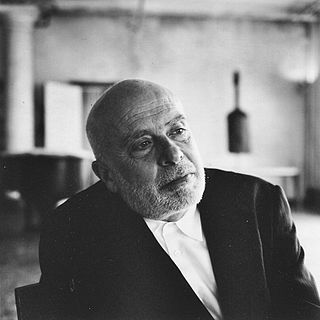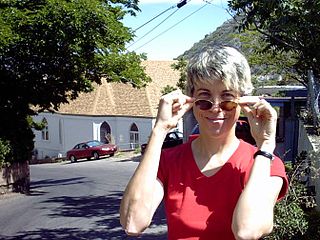A Quote by Matthew Zapruder
It may very well be that we have entered another time when most poets will feel compelled to use poetry to stop things from happening. Yet I believe that even if poetry did not do this, it would be vital to our survival.
Related Quotes
I tend to like the way poets form communities. Writing can be lonely after all. Modern life can be lonely. Poets do seem to be more social than fiction writers. This could be because of poetry's roots in the oral tradition - poetry is read aloud and even performed. I'm just speculating, of course. At any rate, because poets form these groups, they learn from one another. That is one of the best things about being a poet.
There's a sameness about American poetry that I don't
think represents the whole people. It represents a poetry
of the moment, a poetry of evasion, and I have problems
with this. I believe poetry has always been political, long
before poets had to deal with the page and white
space . . . it's natural.
Speaking of people I had to exclude: Hank Williams. which is to say, songs are part of lyric poetry in my book, my thinking. In fact they are the urgent element of poetry in our time, they carry the most emotion for the most people in our culture. everyone LOVES poetry, because we all love (one form or another) of rock and roll (be it folk to emo to rap). It's all rock and roll and all lyric poetry.
I don't know that I had a sense that there was such a thing as "the poetry world" in the 1960s and early 70s. Maybe poets did, but for me as an onlooker and reader of poetry, poetry felt like it was part of a larger literary world. I mean, even the phrase "the poetry world" reflects a sort of balkanization of American literary and artistic life that has to some extent happened since then.
I personally believe the role of poets as poets (which is something different from our obligations as citizens, community members, humans) is to write poems. I believe this because I am quite sure poetry can do something no other form or writing, or human activity, can, at least not in such a powerful and distilled and undeniable way. And that we need this type of thinking for our survival as individuals and as a species.
I would say there are different kinds of poems. There are things that poets in the history of poetry hit upon when they're very young that can never be outdone and it's a remarkable, strange experience when you think of say Arthur Rimbaud who write poetry between the ages of 17 and 21 whose career was over by the time he was 22.
I have no idea, actually, where I fit in, in terms of poetry camps. At AWP conferences, I have been on panels about humor, collaboration, visual poetry, confessional poetry, gender, and the body, as well as tributes to Edward Field and Albert Goldbarth. I felt at home on all of them - most poets straddle more than one school.
Poetry is the most informative of all of the arts because everything comes down to poetry. No matter what it is we are describing, ultimately we use either a metaphor; or we say "that's poetry in motion." You drink a glass of wine and say, "that's poetry in a bottle." Everything is poetry, so I think we come down to emotional information. And that's what poetry conveys.
It occurs to me to wonder: do I believe in any god, or even positively not believe, as James does? I believe in systems and methods. I believe in the beauties of philosophy and poetry. I believe that the work we do and leave behind us is our afterlife; and I believe that history lies, but sometimes so well that I can't bring myself to resent it. I believe that truth is beauty, but not, I'm afraid, the reverse. It doesn't seem sufficient to sustain one in life's rigorous moments. Perhaps I shall embrace Islam. Its standards for poetry seem very high.
Poetry springs directly from our primal need and capacity for communication[Poetry] mobilizes such a concentration of devices, such an intensification of language via rhythm, syntax, image and metaphor. Reading it-the best of it-can create another, very different kind of perpetual present, an awareness that can be as ongoing in the soul as the stop-time of trauma.
We do have to learn poetry at school. Poetry is interesting to me, particularly Chinese poetry. It's like an ancient form of song. There's five sentences, seven sentences - they're very different from English poetry. Chinese poetry is much more rigorous. You can only use this many words, and they will form some kind of rhythm so people can actually sing it. To me, poetry is quite abstract but also quite beautiful.






































